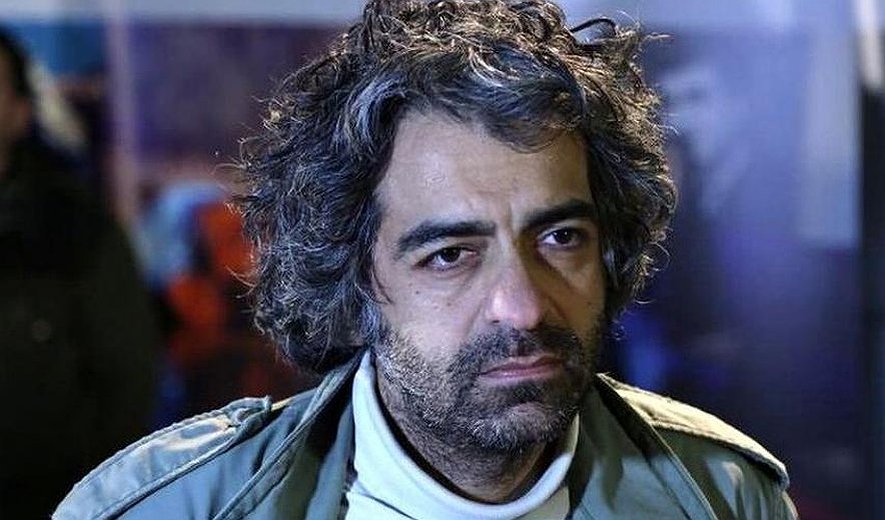Qisas, Filicide and Honour Killings in Iran; By-products of Violent and Discriminatory Laws

Iran Human Rights (IHR); May 22, 2021: In order to provide protections against filicide (a parent’s intentional murder of their child), the vicious cycle of violence, which is driven by the death penalty and discriminatory laws, must be ended.
Iran Human Rights considers the vicious cycle of violence which is exacerbated by cruel and inhuman punishments like qisas (retribution-in-kind) and discriminatory laws to be responsible for the rise in filicide cases.
“Iran is one of the leading executioners in the world and has a wide application for the use of the death penalty. The death penalty is imposed for charges such as consensual sexual relations, drinking alcohol and insulting the prophet, which are not criminal acts according to international law. The government’s widespread use of the death penalty breaks the taboo of murder in people’s minds and propagates violence in society,” said Mahmood Amiry-Moghaddam, director of Iran Human Rights.
He added: “Such acts are legitimised by the Islamic Penal Code’s discriminatory laws which provide leniency for a father or paternal grandfather murdering their (grand)children or a Muslim murdering a non-Muslim. The only sustainable solution is the complete abolition of the death penalty including qisas, and the equality of all citizens before the law.”
Iranian society was shocked by the recent murder and mutilation of film maker Babak Khorramdin by his parents, and their subsequent revelations in the early investigation phase that they had murdered their daughter and son-in-law in the same way. A short while later, news of a mother killing her two small children started a national conversation about filicide and the root causes of such violence.
While there are no official statistics on the number of filicide cases in Iran, lawyers and sociologists who have discussed the subject say, there has been a rise in the number of cases in recent years. Latest reports and statements indicate that the recent filicide cases reported in the media may be considered indicative of the bigger picture, and that filicide is more common than just the few cases that gain media attention.
Meanwhile, Islamic Republic officials and law makers have shown no signs of attempting to tackle the issue despite widespread protests by civil society activists.
Many lawyers and sociologists cite discriminatory laws based on religion which exempt a father or paternal grandfather from qisas for the murder of their (grand)children, as one of the aggravating factors. Discriminatory laws also apply to Muslims murdering non-Muslims and the murder of homosexual people.
Many of the recent filicide cases reported in the media have been honour killings. Some reports suggest that where the honour killings are committed by other family members, the victim’s father will be forced to take responsibility by the family due to the immunity afforded to him by law.
On the other hand, less attention is paid to the male victims of honour killings who are predominately homosexual men, due to outdated definitions of honour killings. As well as the father and grandfather being granted immunity in these cases, the law expands immunity in the murder of homosexual men.
Homosexuality is punishable by flogging and death according to Article 234 of the Islamic Penal Code which sets out the hadd (fixed punishment for offences mandated by Sharia) punishments for sodomy. Article 302 of the new IPC sets out a list of those that are mahdoor-ol-dam, one whose blood may be shed with immunity or deserving of death. Article 302(a) states that anyone charged with committing a crime against an individual who has committed a hadd crime punishable by death is considered mahdoor-ol-dam and the perpetrators of the murder will not be sentenced to qisas or have to pay diya (blood money).
Such discriminatory laws act as green lights in the murders and violence being committed and must be abolished to end the vicious cycle of violence in Iranian society.

